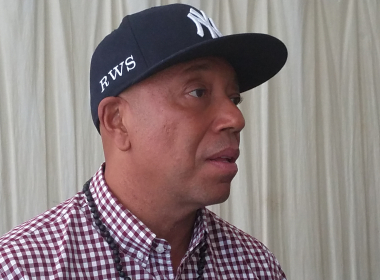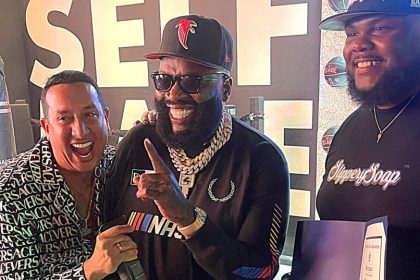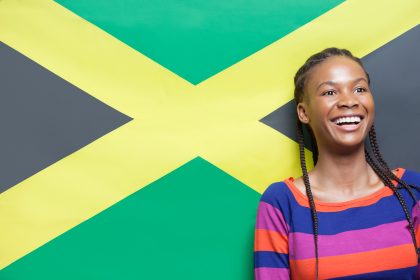
Tayyib Smith’s new Institute of Hip Hop Entrepreneurship program, aimed at under-served youth, was recently awarded $308,000 to fund upcoming projects. The Knight Foundation, a non-profit organization dedicated to supporting innovative arts and journalism programs, chose the Institute as one of 37 winners chosen from 4,500 applicants for its Cities Challenge grant.
“Hip-hop, more so than any other genre, embodies the spirit of entrepreneurship,” Smith says. “Our intention is to decode how hip hop has influenced traditional business practices. Far too often, young people with real ambitions are overlooked by existing educational and business programs. This is for them.”
Today’s music artists are obviously not content with one occupation. Many are involved in everything from clothing lines to liquor bottles, often as key decision makers and executives, not just faces on labels. Their names have become the brand, and they regularly top Forbes’ highest-paid celebrity lists.
“Dre elevated Beats into a headphones empire before selling it to Apple for $3 billion,” Smith told CNN Money before elaborating on Sean Combs’ dominance in the fashion and alcohol industries.
Perhaps Jay Z, one of hip-hop’s three wealthiest artists, said it best in rhyme, “I’m not a businessman. I’m business, man.”
“People hear us say ‘hip-hop’ and they think we’re trying to create the next celebrity…We’re not. We want to use best practices of how people became successful within hip-hop to inspire a new generation of entrepreneurs.” said Smith.
Smith brings a wealth of personal experience to the table. He served as founder and publisher of the two.one.five arts, music and culture magazine. The former artists and repertoire executive is also founding partner of Little Giant Creative, a full-service creative firm. Heineken and Adidas are two of the agency’s major clients. In 2014, Smith co-founded Pipeline Philly, a modern co-working space targeting small businesses in Center City.
Like the mold-breaking genre itself, the Institute of Hip Hop Entrepreneurship curriculum will be unconventional – students in the nine-month program won’t have traditional lectures and exams. Instead, entrepreneurs, musicians and technologists will teach courses infused with their own experiences. Students will meet once a month for an intensive weekend of study. Aiming to encourage them to achieve financial literacy, study social impacts, and construct business proposals they will eventually pitch to investors, the remainder of their studies will be self-directed.
The program is free for all accepted. Recruitment for the first cohort of 36 students begins on May 30, and classes start in November.














